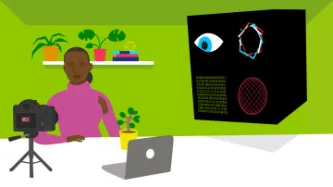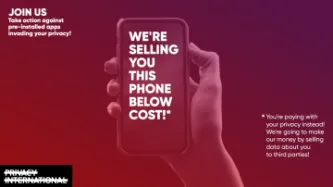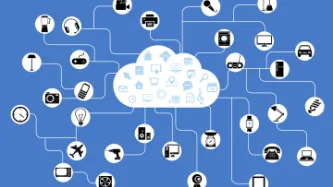Search Taxonomy Terms
Content Creators Working for the Algorithm
Creators who produce content for big online platforms, from video game livestreamers on Twitch to adult content producers on platforms like OnlyFans, often find themselves forced to share a lot of data, putting their privacy and security at risk while being given limited information as to how this data is being used.
Advertisers on Facebook: who the heck are you and how did you get my data?
Investigating brands using Facebook for advertising, exposing how difficult it is to understand how our data's used and demanding Facebook make it easier to exercise our rights
Privacy shouldn't be a luxury
Buying a brand new low-cost phone can leave you with an outdated operating system and exploitative apps.
IoT in Court
Exploiting new technologies that are in our homes and on our bodies as part of criminal investigations and for use as evidence, raises new challenges and risks that have not been sufficiently explored.
Investigating Apps interactions with Facebook on Android
We look at how apps are exposing peoples' activities and behaviours to Facebook.
State Sponsors of Surveillance: The Governments Helping Others Spy
Powerful governments are financing, training and equipping countries — including authoritarian regimes — with surveillance capabilities.
Phone Data Extraction: digital stop and search
The use of ‘mobile phone extraction’ tools enables police forces to download all of the content and data from people’s phones. This can apply to suspects, witnesses and even victims – without their knowledge.






